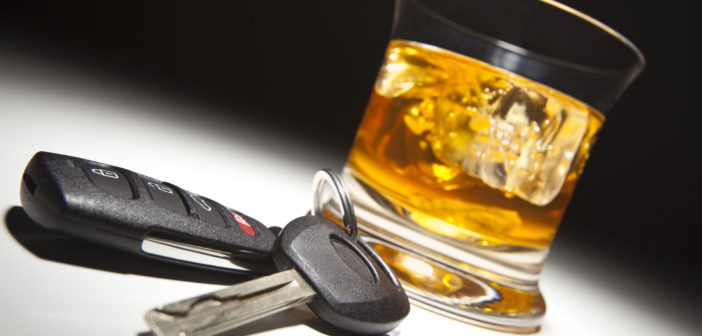If you have been charged with a DUI or an OUI, it means that you were in control of a vehicle while you were impaired. While the two charges come with similar consequences, the circumstances surrounding your case will determine if you get a DUI or an OUI. Regardless of which charge you receive, it is imperative that you talk with an attorney as soon as possible to start building a defense.
What’s An OUI?
OUI stands for operating under the influence, and it means that you were in a car with the keys in the ignition while you were impaired. It doesn’t matter if you were in a parking lot, on the side of the road or even in your own driveway when contacted by police.
As long as you are impaired by drugs or alcohol, you can be taken into custody. However, it is possible that you will merely receive a citation and an order to appear in court depending on your level of impairment and other factors.
In some cases, you may receive an OUI charge even if the keys aren’t in the ignition when contacted by authorities. This is because some jurisdictions allow such a charge in the event that you are in control of the vehicle, which means that there is a chance you could have driven while impaired.
What’s a DUI?
DUI stands for driving while under the influence. While most people assume that it means you were driving under the influence of alcohol, it is a general charge that applies regardless of what you were impaired by, according to Fairfield & Associates. For instance, if you were high on prescription pills or using heroin before you drove, that would be enough for a DUI.
Unlike an OUI, you would need to be driving a vehicle when contacted by police. There would also need to be probable cause to pull you over and evidence of impairment before you could be taken into custody. For instance, an officer would need to observe your vehicle speeding or swerving before initiating a traffic stop.
The officer would then need to measure your blood alcohol content through either a breath test or a blood test. Field sobriety tests may also be used to determine if you were driving while drunk or otherwise impaired.
What Are the Possible Consequences of an OUI or DUI?
If you have been charged with an OUI or a DUI, you could have your car impounded and have your license suspended. It is also possible that you will spend the night, weekend or several weeks in jail. Aggravating factors such as property damage or bodily injury caused while driving under the influence may enhance these penalties.
Assuming that there are no aggravating factors, the worst part about an OUI or DUI charge are the financial penalties. In addition to paying a fine of several thousand dollars, you may also need to pay to get your car back, reinstate your license or have an ignition interlock device installed on your car. You may also need to pay hundreds or thousands of dollars in legal fees.
There may also be professional and personal consequences in the aftermath of an impaired driving or operating a motor vehicle charge. Your employer may suspend or terminate your employment while friends and family members may change their perception of you after such an incident.
An impaired driving or impaired operating charge is a serious offense that can come with significant penalties if convicted. An attorney may be able to create a defense that results in a plea agreement or charges thrown out completely. Plea deals are typically granted to those who are first-time offenders or otherwise show remorse for their actions. However, such deals may be granted to any defendant assuming there is reason to negotiate.




